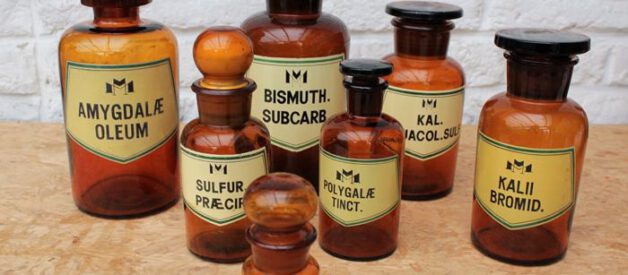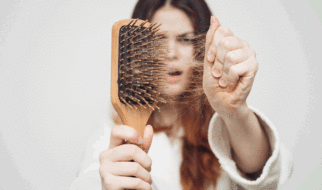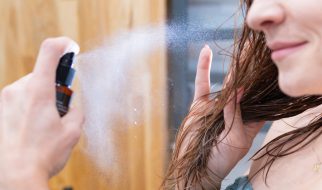Hey!
Perhaps I’ll surprise some of you when I say that dermocosmetics aren’t just a marketing gimmick. They are something between a regular skincare product and a medication, or a drug. This is the main reason why such products are available mainly in a pharmacy. Moreover, the effects they create don’t only focus on making you beautiful but also they are supposed to heal your skin. Is such combo effective? Do dermocosmetics work and if they do, are they safe? Today I’m going to tell you this and that about beauty products from a pharmacy. Enjoy!
Dermocosmetics: What are they?
They are just products available in a drugstore that are supposed to aid you in undergoing various dermatological treatments and help your skin recover faster. In most cases, such products aim at taking care of acne, atopic and couperose skin types.
Obviously, they are supposed to produce better results than a regular skincare cosmetic, yet dermocosmetic isn’t a full-fledged drug. Still, when scanning their list of ingredients, you can spot many substances commonly used in the realm of pharmacy and medicine. Medicinal cosmetics – I guess, this is how I should describe dermocosmetics.
What makes dermocosmetics differ from regular beauty products?
Is there anything that makes both kinds of products different apart from the place where you can buy them? It turns out that dermocosmetics must comply to stricter rules in terms of the formula, tests and quality of the ingredients used. Therefore, dermocosmetics are far safer and, obviously, they are developed together with dermatologists and other doctors.
Moreover, dermocosmetics are recognized for being clinically proven. This is what makes dermocosmetics highly effective skincare products. After all, they are able to deal with serious skin conditions (quality of a drug) as well as deliver moisture and nourishment (main task of regular skincare products) – in a single step!
What makes dermocosmetics so effective?
Well, this is a sixty-four dollar question. Why are dermocosmetics supposed to be better than regular beauty products and what makes them so powerful in the first place? Obviously, it all depends on the purpose of a particular dermocosmetic, but let me just tell you something – ingredients such as vitamins, retinol and hyaluronic acid as well as a whole bunch of similar active substances might appear in various forms. To put it in plain English, less effective forms of these substances are added to cheaper skincare products. More effective ones in turn are frequently patented by cosmetic brands and added to high-quality skincare products.
Dermocosmetics, in turn, have to earn a good name on their own therefore no ingredient included into the formula is added there by accident. In other words, all ingredients used in dermocosmetics are carefully selected, tested and proven. It happens really often that such substances are developed together with dermatologists.
Furthermore, dermocosmetics have rather short but rich INCI. Lists of ingredients are free from parabens, yet they are full of substances that positively influence the state of skin and are able improve its appearance. What’s funny, even water used in dermocosmetics isn’t just regular water. In most cases, this is thermal water of herbal distillate.
Can dermocosmetics be hazardous?
Obviously, formulas for dermocosmetics don’t contain only ‘plain and simple’ ingredients. Frequently, these are fairly ‘complex’ blends used, which help a particular dermocosmetic stand out from regular skincare products. Still, such blends are tested to prevent any form of skin irritation. The only way in which a dermocosmetic might create some adverse effects is when it’s ill-matched – when your skin doesn’t want to tolerate it for some reason. Let me explain this to you. For example, if your skin is dry by nature, and you use a mattifying or antibacterial face cream, you will probably contribute to worsening this already poor state of your skin. By rule though, dermocosmetics are supposed to protect skin from damage and irritation. Therefore, before choosing a dermocosmetic for yourself, please ask your dermatologist for advice.
What are your thoughts concerning dermocosmetics? Do you use any? Do you know any dermocosmetic worth recommending? Share your thoughts in comments! <3


